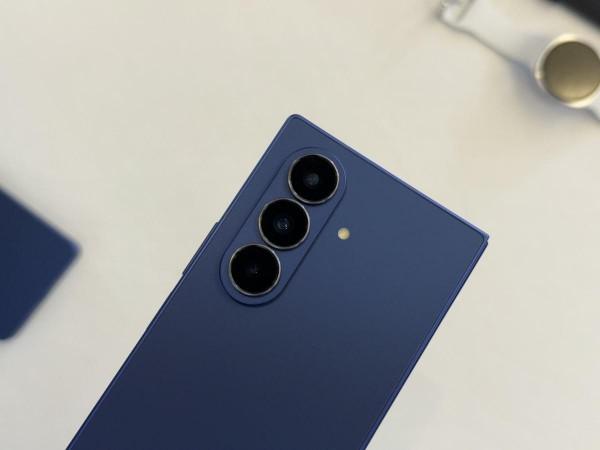
Samsung is betting big on artificial intelligence on smartphones as it has announced ambitious plans to expand its Galaxy AI ecosystem to 400 million devices globally by the end of 2025. The company marked its foray into AI in phones with Galaxy AI-powered Galaxy S24 series in 2024 and has since expanded AI integration across smartphones, wearables, tablets and PCs. At this juncture, Galaxy AI has gained strong traction, with features that focus on creativity, productivity and communication.
Samsung revealed that over 70% of Galaxy S25 users are actively engaging with Galaxy AI features, underscoring demand for AI-enabled tools. The company's latest foldables, the Galaxy Z Flip7 and Z Fold7, further broadened access by embedding AI features into One UI 8.
Among the most used AI tools are Photo Assist, which nearly doubled in usage between the Galaxy S24 and S25 generations, and Audio Eraser, which lets users clean background noise from videos. Communication-focused tools such as Interpreter (real-time translation of in-person conversations) and Live Translate (automatic translation of calls, messages, and face-to-face interactions) also rank among the most popular.

In partnership with Google, Samsung has added widely used features like Gemini Live and Circle to Search, with more than half of S25 users relying on the latter daily. Camera performance has also been central to the AI rollout, with all Galaxy S25 models and the Z Flip7 featuring a 50MP rear camera, while the S25 Ultra and Z Fold7 offer a 200MP ultra-wide lens. The inclusion of 8K video recording with the ProVisual Engine provides further customization for advanced users.
Samsung also highlighted its Generative Edit tool, which allows users to remove distractions and enhance photos in seconds. These features are supported by the exclusive Snapdragon 8 Elite for Galaxy chip, developed in partnership with Qualcomm, to optimise AI performance on hardware.
R&D, localisation and global strategy
Samsung's R&D presence in Bengaluru (SRI-B), its largest outside South Korea, has played a significant role in developing and localising Galaxy AI features. Contributions from the Indian centre include work on Photo Assist, Audio Eraser, Interpreter, Live Translate and Now Brief.
Currently, Galaxy AI supports 30 languages and dialects, including Hindi, helping expand accessibility for a diverse global user base. With demand for AI-centric features accelerating, Samsung aims to use its broad device portfolio and localisation strategy to deepen adoption worldwide.
Analysts note that Samsung's target of 400 million AI-enabled devices by end-2025 reflects its ambition to stay ahead of rivals such as Apple and Google in defining the next era of mobile computing. The company is positioning Galaxy AI as a differentiator to drive upgrades and strengthen ecosystem stickiness across its hardware lineup.





